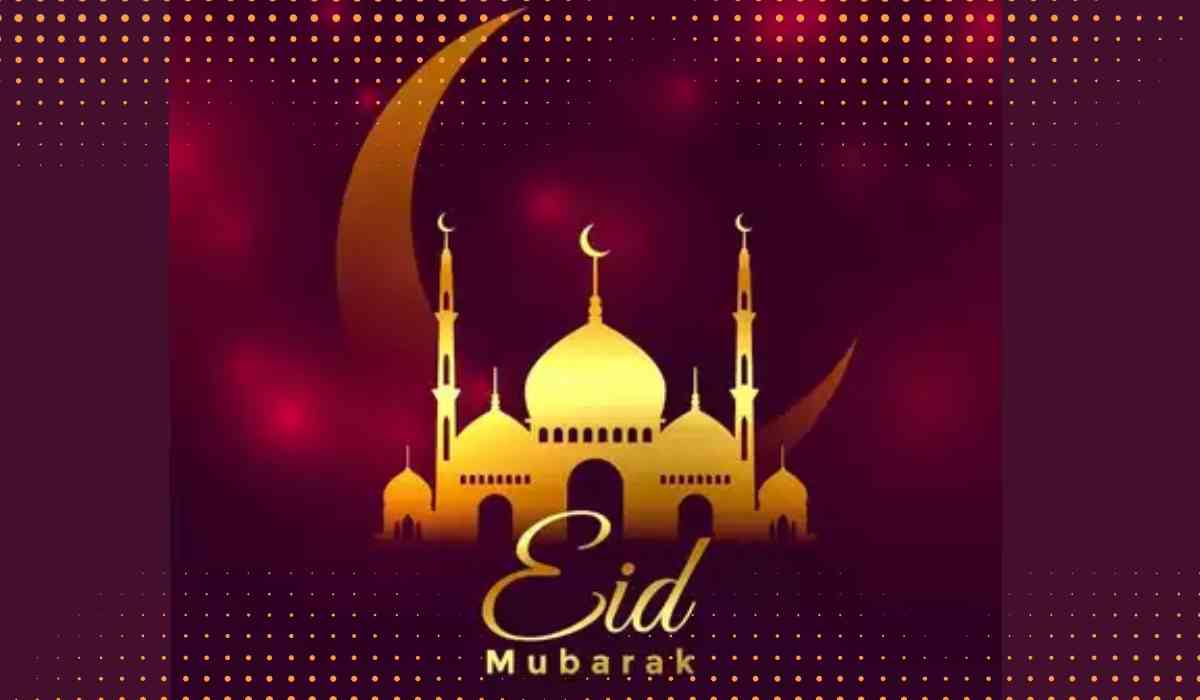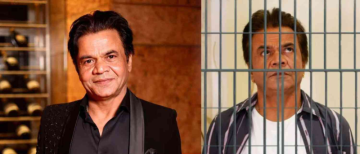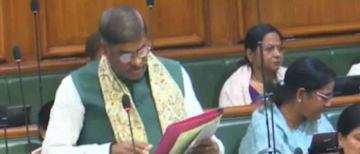Eid-e-Milad is also called Mawlid al-Nabi and this is a significant Muslim festival that commemorates the birthday of Prophet Muhammad. It falls on the 12th day of Rabi' al-Awwal, which is the third month of the Islamic lunar calendar. All Muslims think of their spirituality during prayers and celebrate his life and mission as Prophet Muhammad is believed to be the final messenger of God in Islam. In some regions, it is also known as Milad-un-Nabi or Nabi Day. The term "Mawlid" in Arabic means "birth," and "al-Nabi" means "the Prophet," so this is the birthday of the Prophet Muhammad.
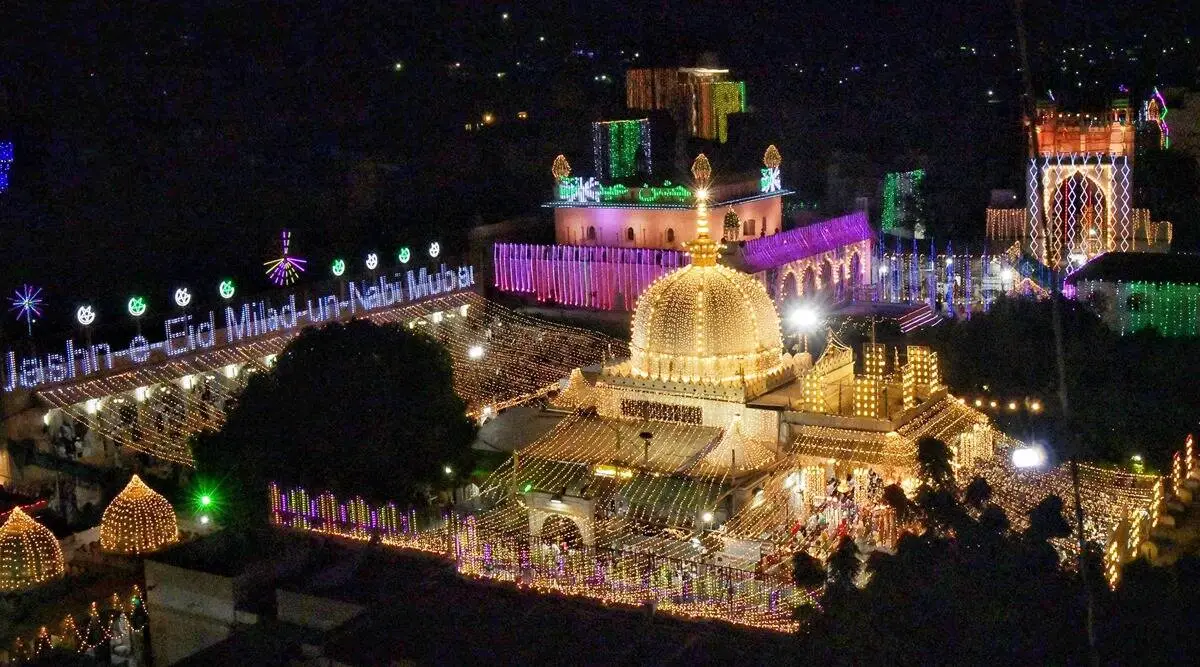
History of Eid-e-Milad
Eid-e-Milad is believed to have originated during the early period of Islam, but it was in fact not celebrated until many years after the Prophet's era. Historians say that the first proper celebration of Eid-e-Milad was held in Egypt during the 11th century under the rule of the Fatimid dynasty. It gradually spread across the various fringes of the Muslim world, including the Ottoman Empire, where it gradually developed as a major religious observance. Though both Sunnis and Shiites celebrate the day, the performance is starkly different. For most Sunnis, Eid-e-Milad has been a prayer-gathering event with Quran recitation and lectures on the Prophet's life and character. Shia Muslims mark the day with much more elaborate rituals; sometimes it has included processions and gatherings in honor of the Prophet's family and his teaching.
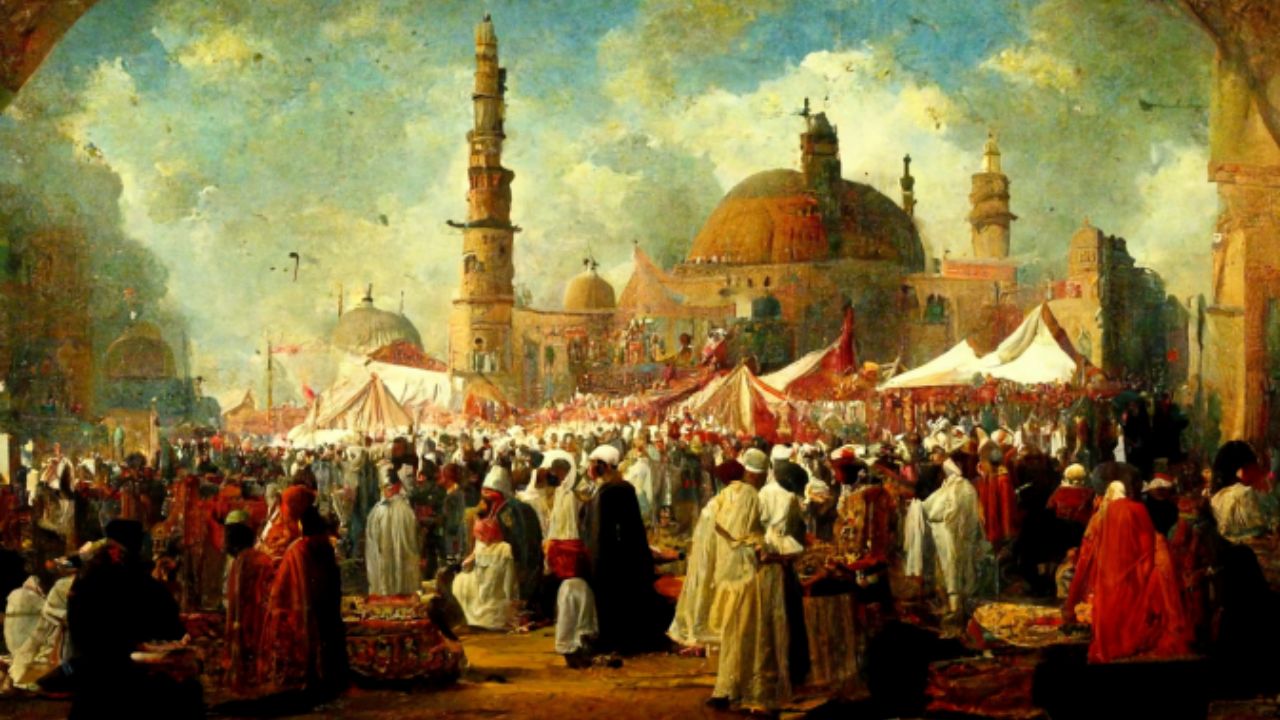
Religious and Cultural Significance
This festival has deep religious significance as it reminds one of the life, teachings, and sacrifices of the Prophet Muhammad. His life stands as a moral and spiritual guide for Muslims, and Eid-e-Milad gives one a chance to reflect on his exemplary character, compassion, and humility. Therefore, lots of mosques organize special prayers and sermons that are more into the message of peace, equality, and justice brought by the Prophet Muhammad. Apart from being a religious celebration, Eid-e-Milad is even a day of cultural celebrations, with community gatherings, feasting, and charity events. People usually illuminate their homes, mosques, and streets with decorations lights and banners. In certain countries, processions and parades take place, where participants sing religious hymns, called "Naats," in the praise of the Prophet.
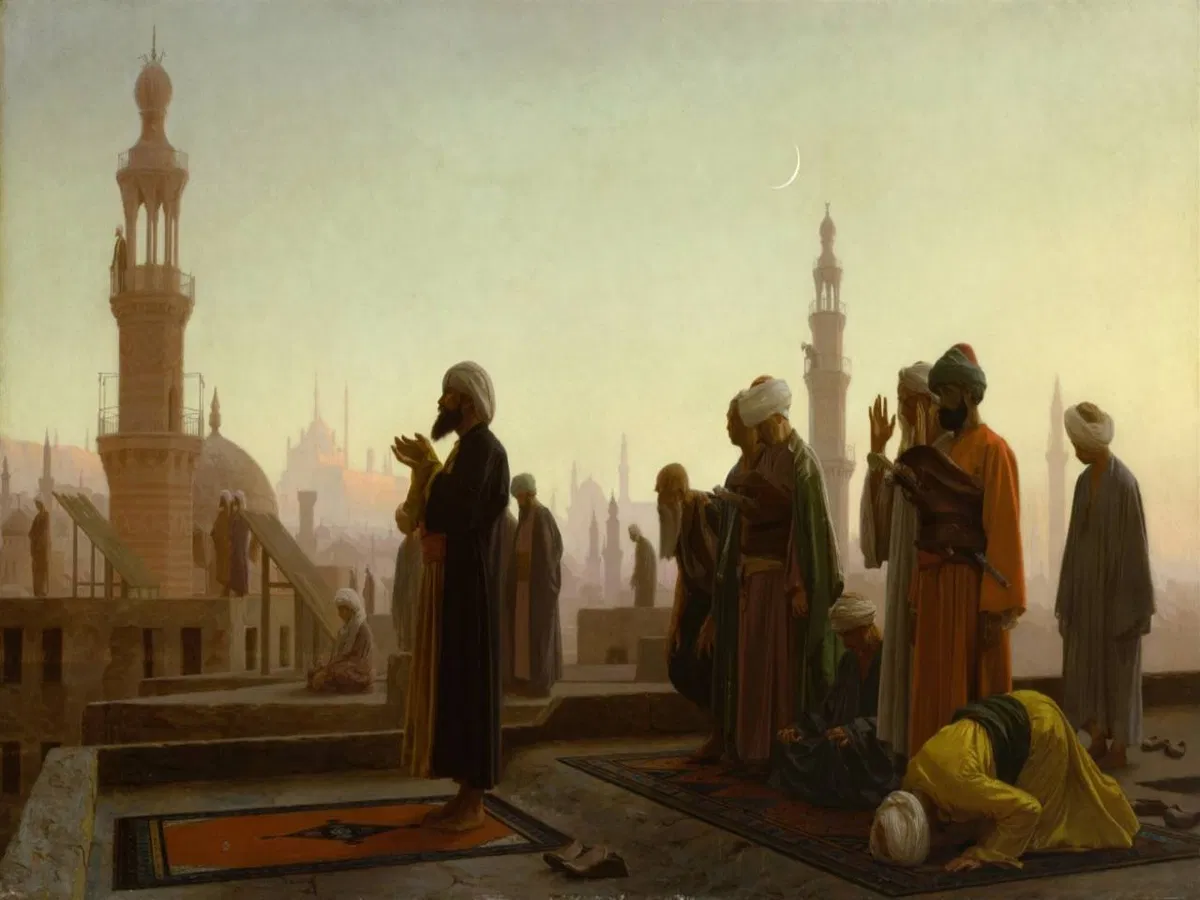
How is Eid-e-Milad Kept as a Celebration by Various Nations?
Eid-e-Milad is observed in different ways across the world, according to regional customs and traditions. Let's take a look at how the festival is celebrated around the world:
-
In India and Pakistan, Eid-e-Milad is a grand event with processions, religious speeches, and collective prayers. Mosques are decorated with images of the Prophet and massive congregations are arranged where scholars and clerics discuss his messages and their application in modern life.
-
In Egypt and the rest of North Africa, special prayers are read in mosques; further, sweets are distributed to friends and family. Many families also make dishes to be distributed to the poor in order to draw attention to the charitable aspect of the holiday.
-
In Turkey, the event is appropriately commemorated with special prayers in mosques often including Quran readings, mostly from those chapters that have been devoted to the description of virtues of the Prophet and his message of mercy.
-
In Saudi Arabia, UAE, and other countries in the Gulf, it has more of a home celebration, family gathering, and special prayers in homes or small mosques in the locality.
-
In Indonesia and Malaysia, the day is ushered in with community prayers, charity drives, and cultural performances. An incident related to the life of the Prophet is normally enacted in stage plays and recited in verse.
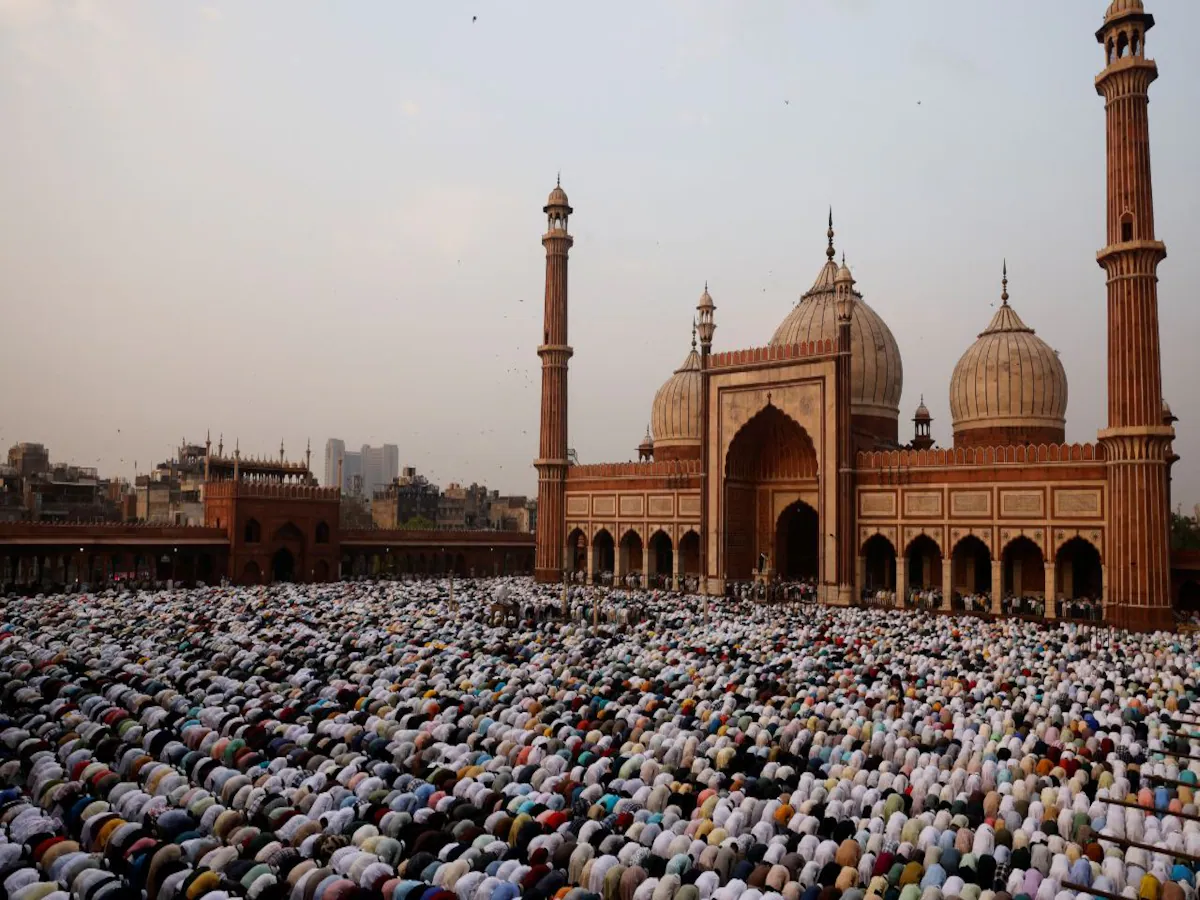
Important themes of Eid-e-Milad
The very core of Eid-e-Milad is built around peace, good will, and serving humanity. To Muslims, Prophet Muhammad is a quintessence of these attributes, and his life has become a principle guide in the conduct of human lives in society. It provides a time for introspection along with a chance to renew one's dedication toward living a life along the lines of what Islam sets out. Charity and community service are also important parts of the day. The Muslims, on their part, have been guided to believe that being kind to the less fortunate and needy is one of the ways through which one shows honor to the Prophet. Thus, a number of people show appreciation by engaging in charity activities that range from food handouts to cloth drives, among others, to share the blessings of the day.
Inputs by Agencies
Image Source: Multiple Agencies
Ⓒ Copyright 2024. All Rights Reserved Powered by Vygr Media.

